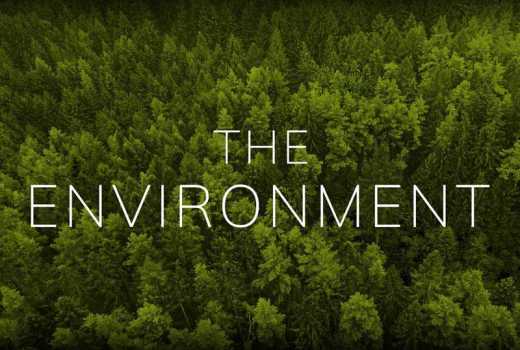
President Uhuru Kenyatta has come up with the ‘Big Four’ agenda as his priority in the next five years. They include universal healthcare, manufacturing, food security and affordable housing.
On food security, Kenya must integrate environmental conservation into the agenda. Food security is considered to exist when all people, at all times, have physical and economic access to sufficient, safe and nutritious food to meet their dietary needs. This is determined by availability, stability of supplies, access and biological utilisation of food.